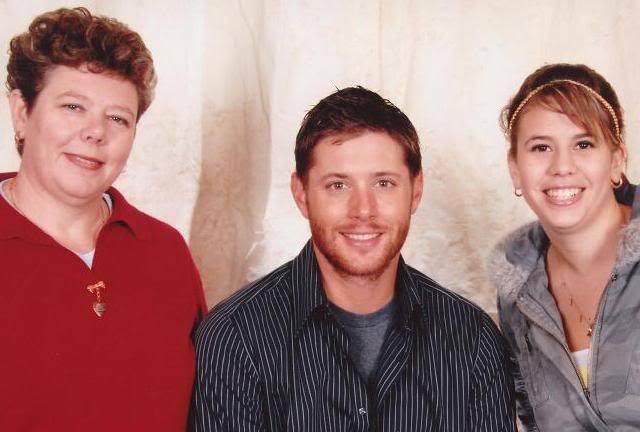Post by matilda on Jan 18, 2008 19:48:19 GMT -5
Yup, no records, confirms it for me - Blackfulla. And of course Palewa say she's Palewa and in a small place like Tassie everyone knows who's who- reliance on understanding of kinship and non-Western ways of recording is paramount for us in understanding who's who and who's related.
People went to extraordinary, extraordinary lengths to conceal identity especially birth records - no birth recorded = less chance of child being removed; hidden identity meant access to employment, able to move off the missions or restricted areas and live without having to apply for 'dog tag' (permission to live/work as European person, conditional in most States on no mixing with Aboriginal people).
And of course parents took all these measures so that their children and grandchildren had chance of "better" life.
I've been having a great time thinking about all those Blackfullas in Tassie during the yars of Merle's career reading about her Anglo-Indian indentity and laughing hilariously to themselves - no doubt her relatives are still doing it - and at the same time feeling such great sadness about her/their situation/s. Very typical that her decision to 'pass' was honoured until quite recently, but similiarly sad.
So not a mystery to me, very ordinary part of everyday Aboriginal life unfortunately.
So go Merle - what a woman. Pity we still have to deal with the conjecture - says to me that it's all still alive and well - but that's Australia unfortunately.!
I take the position that we should honour the decisions of those who passed - most of it based on survival and it would seem, in Merle's case, I would have thought burning ambition to flee from the horrible racism of her birthplace, and succeed.
So Maggie - a Wuthering Heights discussion?
Cheers
M
People went to extraordinary, extraordinary lengths to conceal identity especially birth records - no birth recorded = less chance of child being removed; hidden identity meant access to employment, able to move off the missions or restricted areas and live without having to apply for 'dog tag' (permission to live/work as European person, conditional in most States on no mixing with Aboriginal people).
And of course parents took all these measures so that their children and grandchildren had chance of "better" life.
I've been having a great time thinking about all those Blackfullas in Tassie during the yars of Merle's career reading about her Anglo-Indian indentity and laughing hilariously to themselves - no doubt her relatives are still doing it - and at the same time feeling such great sadness about her/their situation/s. Very typical that her decision to 'pass' was honoured until quite recently, but similiarly sad.
So not a mystery to me, very ordinary part of everyday Aboriginal life unfortunately.
So go Merle - what a woman. Pity we still have to deal with the conjecture - says to me that it's all still alive and well - but that's Australia unfortunately.!
I take the position that we should honour the decisions of those who passed - most of it based on survival and it would seem, in Merle's case, I would have thought burning ambition to flee from the horrible racism of her birthplace, and succeed.
So Maggie - a Wuthering Heights discussion?
Cheers
M



